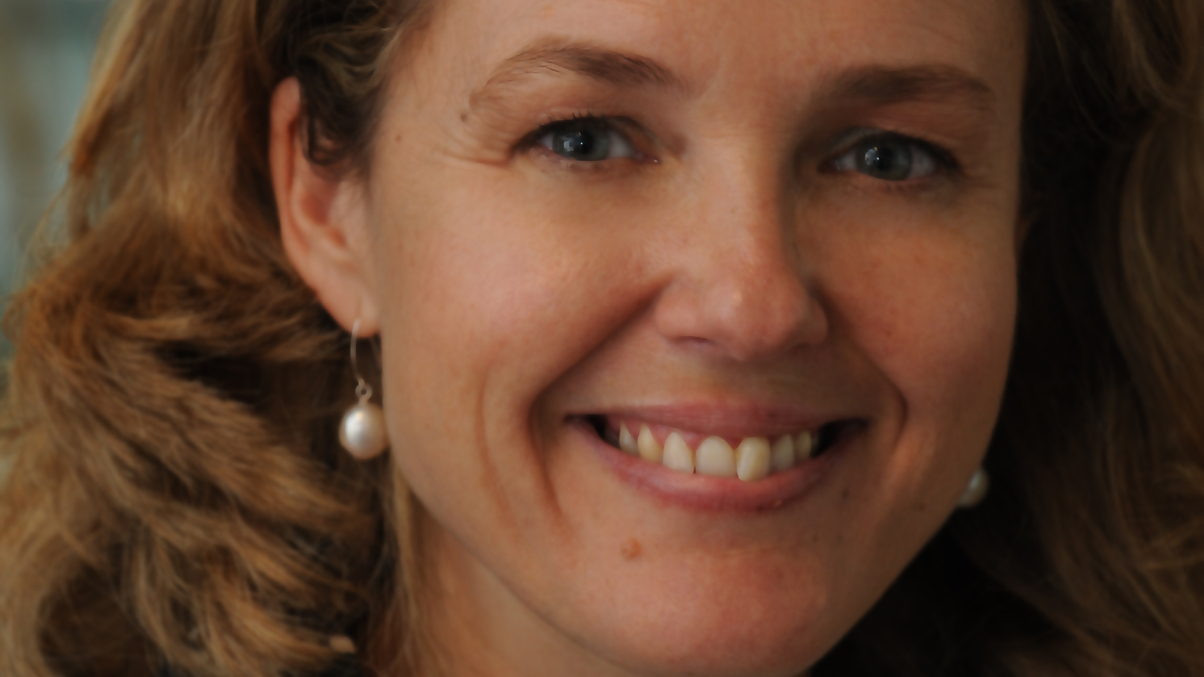After AIFMD, Ucits rules to be aligned
Nadia Calviño of the European Commission explains that new rules in alternative investments will be applied to Ucits funds as well.

The European Commission will extend new rules being developed for alternative investments to the Ucits framework for mutual funds, says Nadia Calviño, deputy director-general for the internal financial market and services.
Sign in to read on!
Registered users get 2 free articles in 30 days.
Subscribers have full unlimited access to AsianInvestor
Not signed up? New users get 2 free articles per month, plus a 7-day unlimited free trial.
¬ Haymarket Media Limited. All rights reserved.


